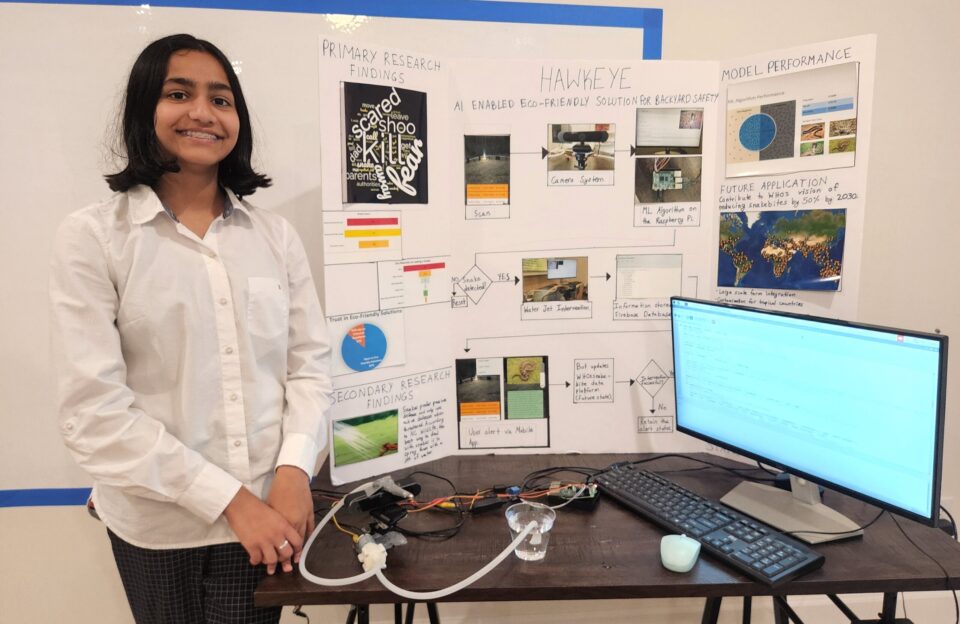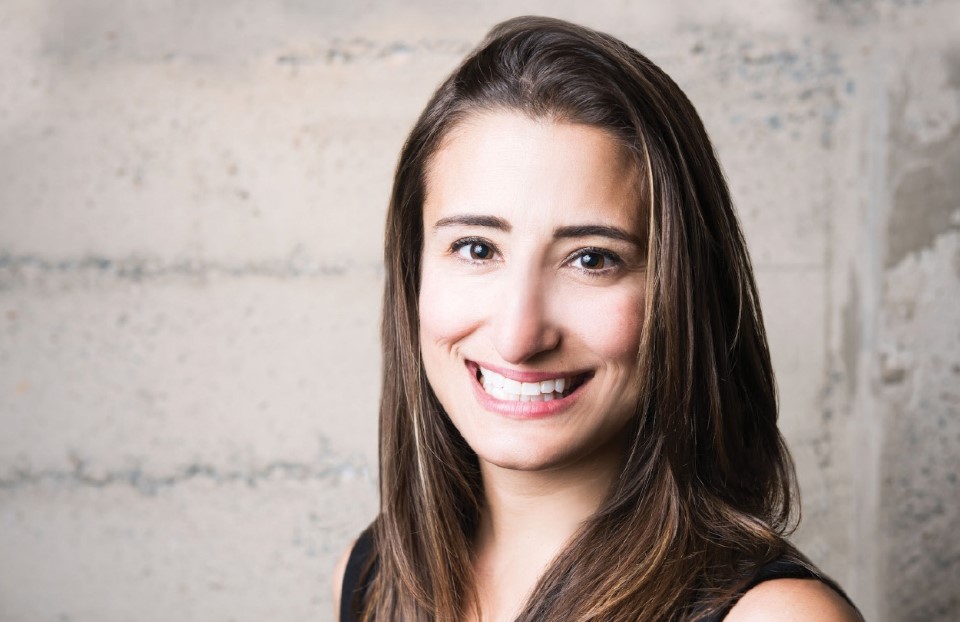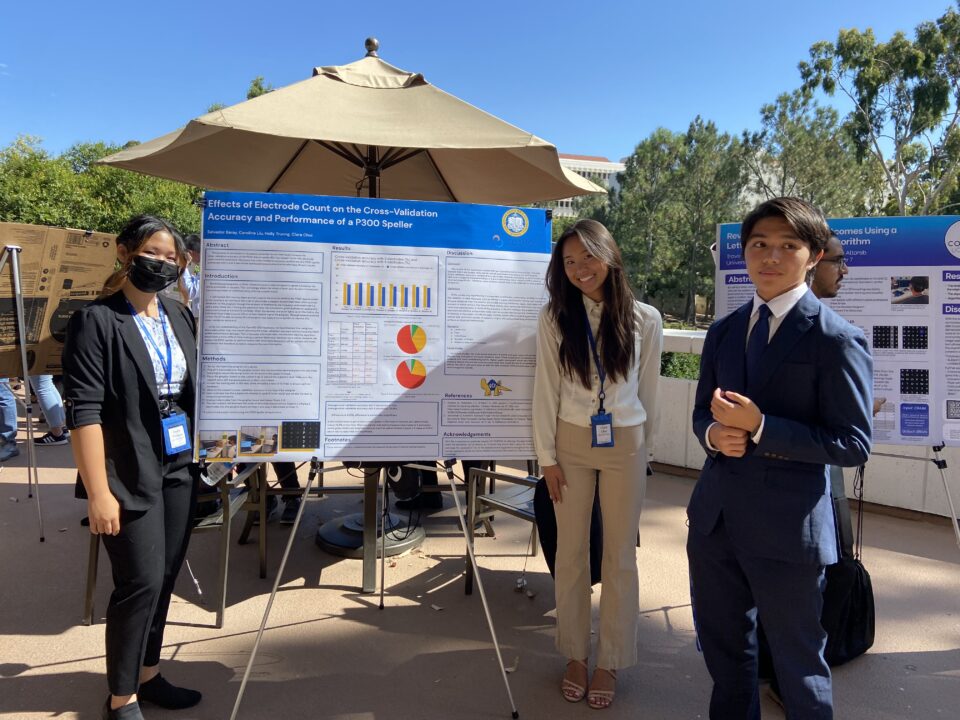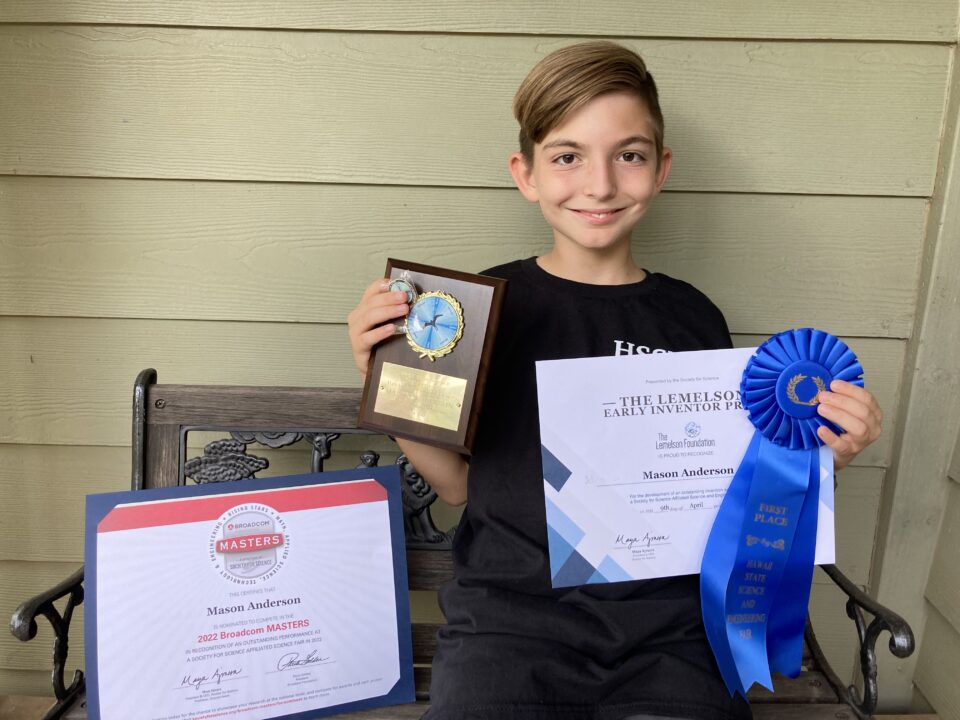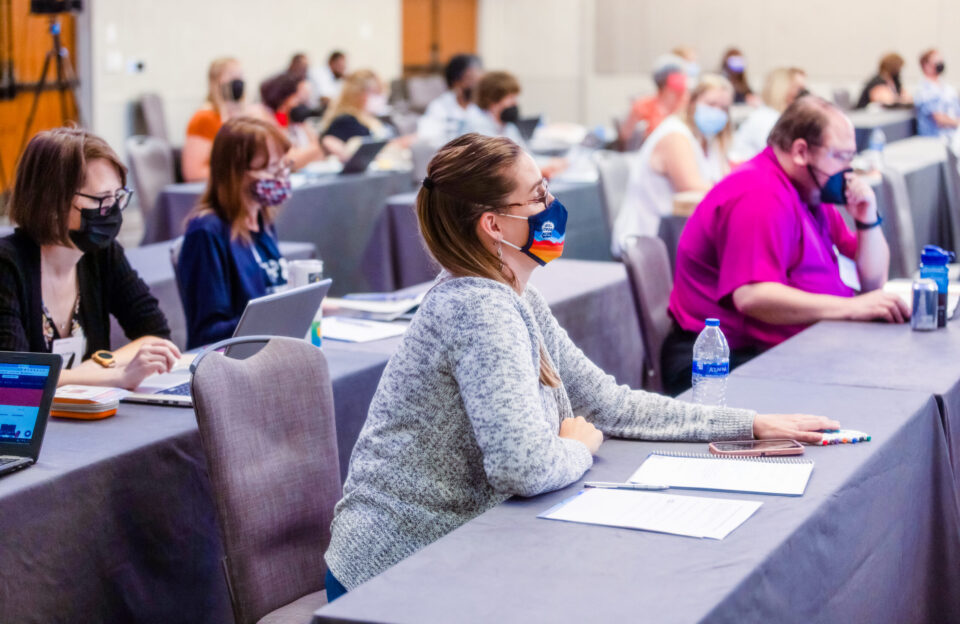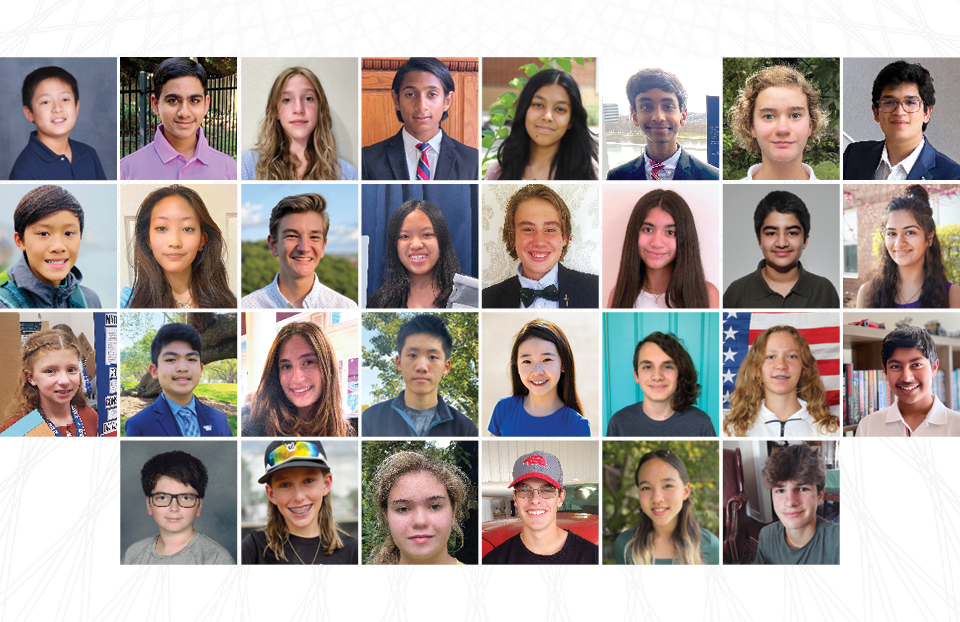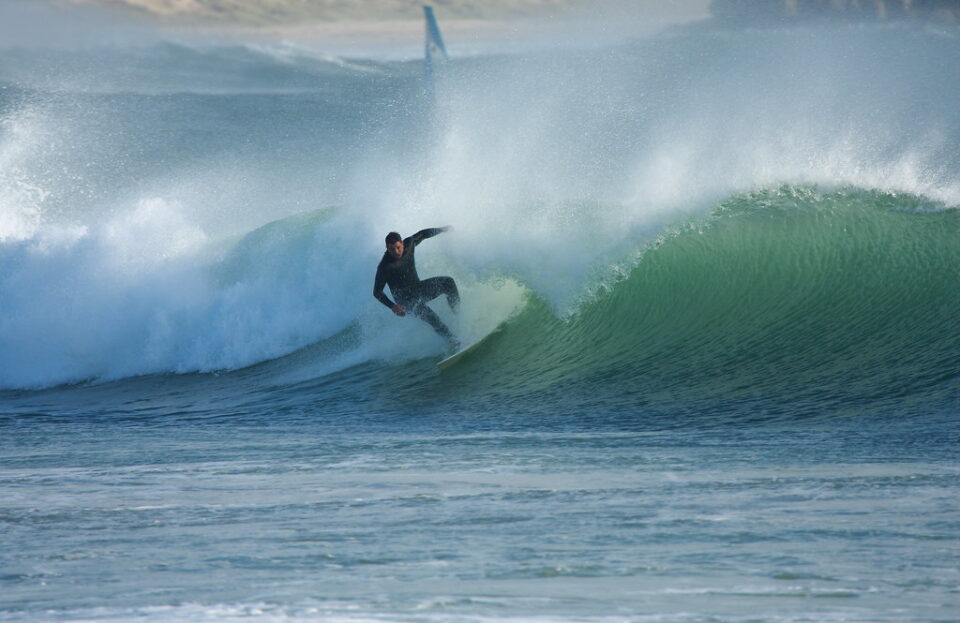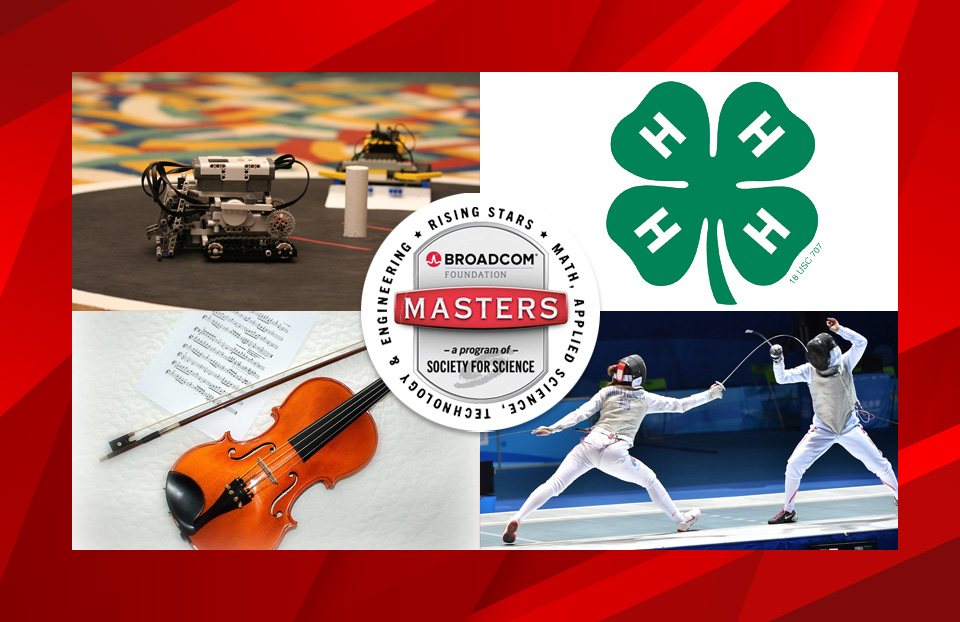1,815 results found for "6"
Blog Post
Preventing Snakebites: How one young innovator is using STEM to lessen snake encounters
Middle School student Keertana Jillella is developing an app and automated process to scan backyards for snakes. She hopes this will prevent snake encounters and bites. Keertana was awarded the Lemelson Early Inventor Prize for her project.
Blog Post
MSRTC spotlight: One teacher’s insight into inspiring empathy and creativity through science research
During the Society for Science Middle School Research Teachers Conference, one teacher provided insight to attendees on how to inspire empathy and creativity through science research.
Blog Post
Thirty exceptional young scientists named finalists in Broadcom MASTERS
The 2022 Broadcom MASTERS Top 30 finalists were announced on September 21. The finalists are competing for more than $100,000 in awards, including the top Samueli Foundation Prize of $25,000.
Blog Post
A young innovator is using STEM to keep surfers safe from sharks
A middle school student in Puerto Rico is working to find a way to keep surfers safe from sharks while they’re out on the water. Dalismar Castro Marrero is hoping her prototype of a shark repelling surfboard can be the solution to shark encounters.
2022 Broadcom MASTERS Finalists
Society for Science and Broadcom Foundation are proud to announce the 30 finalists in the 2020 Broadcom MASTERS® — the nation’s premier STEM competition for middle school students. The finalists competed in the first ever Virtual Broadcom MASTERS from October 16-21, participated in team challenges in addition to being judged on their science research projects.
Blog Post
Broadcom MASTERS Top 300 thrive in STEM, sports and service
The Broadcom MASTERS Top 300 are a well-rounded group of students who are blazing their own paths in STEM, sports and acts of service. The Broadcom MASTERS top 30 announcement will be made on September 21, 2022.
